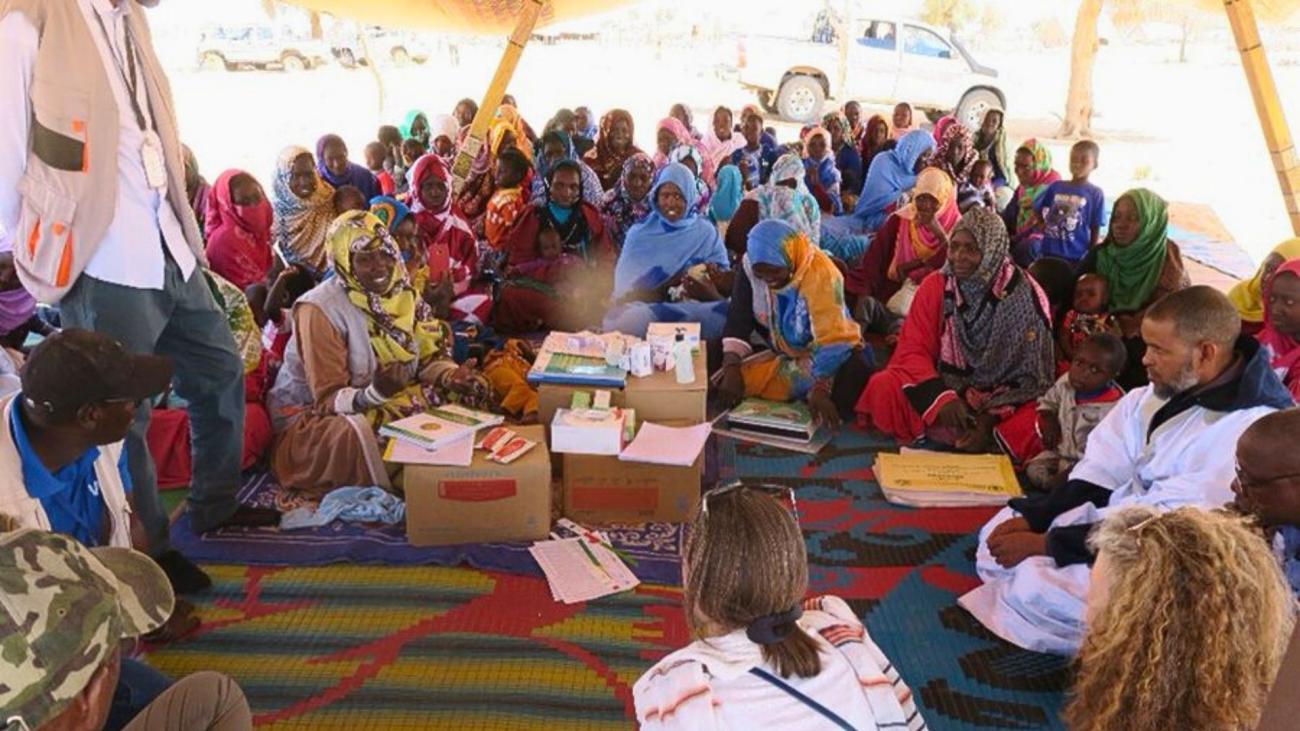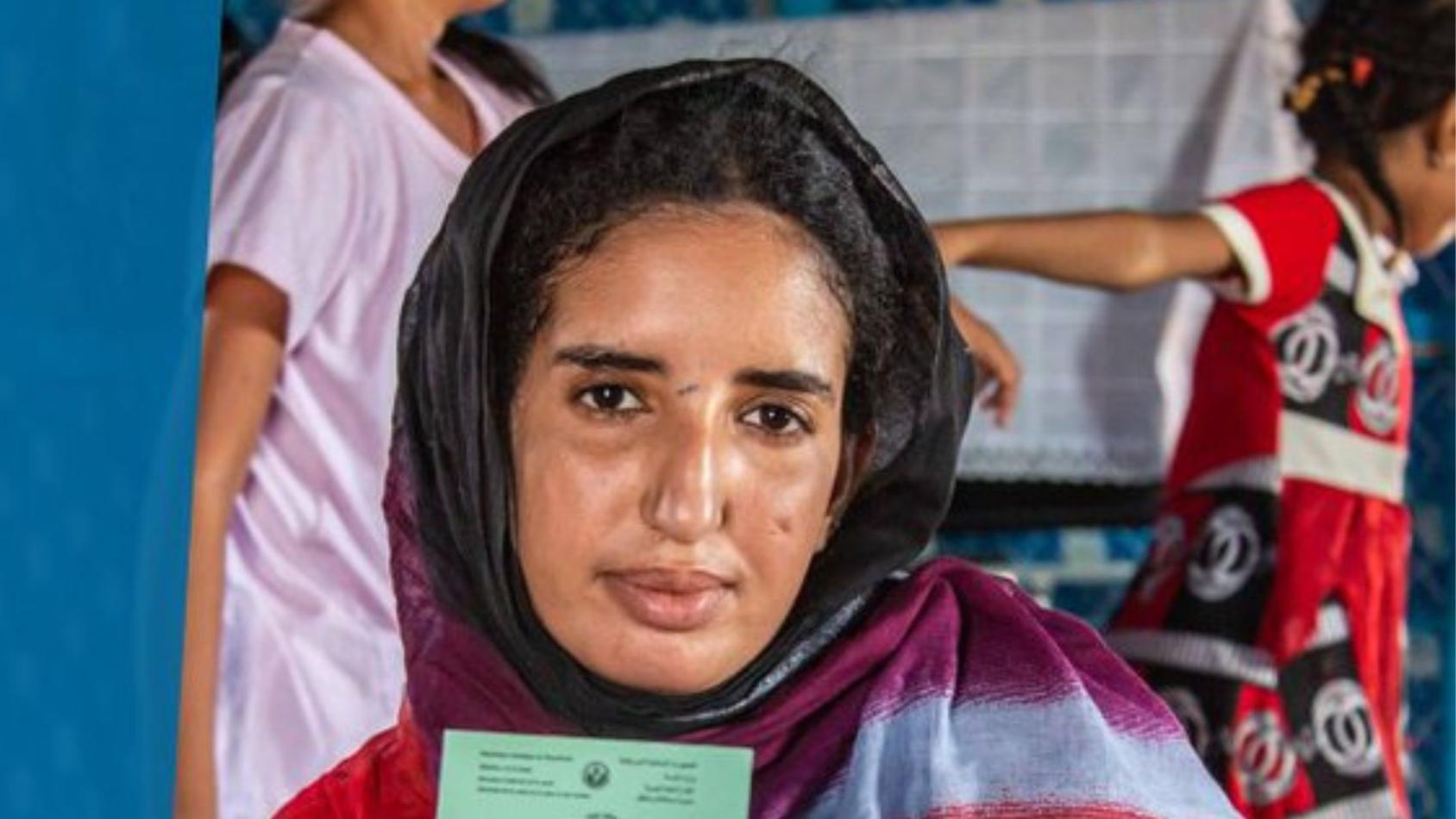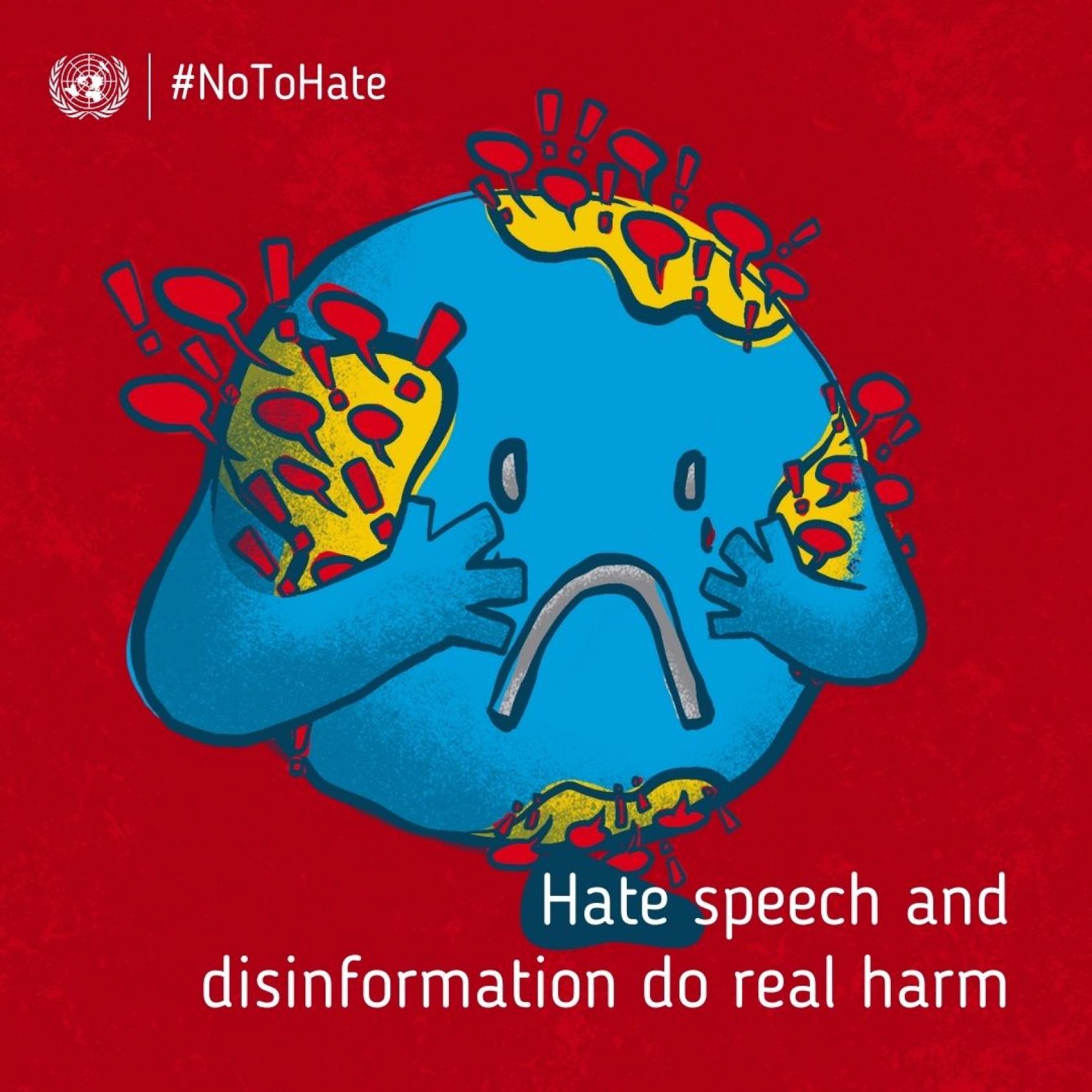Supporting Mauritania for a Peaceful Electoral Process

In July of this year, Mauritania's presidential election took place amidst a peaceful atmosphere. With a spotlight on various social, economic and governance issues affecting the country’s population, the smooth organization of the electoral process signaled that national authorities were better prepared than in previous elections to meet the complex context.
The UN Country Team, led by UN Resident Coordinator Lila Pieters Yahia, played a key role in supporting Mauritania to ensure an organized and inclusive electoral process. Acting as a bridge between the country’s development and peacebuilding actors, and leveraging diverse UN expertise, the Resident Coordinator was able to engage with representatives from Government institutions, the Constitutional Council, the Independent Election Commission (CENI) and with candidates to discuss ways to strengthen political dialogue, emphasizing the importance of a peaceful electoral process and the inclusion and participation of women and young people. This kind of holistic engagement with national actors was possible because of the unique and steadfast collaboration between the Resident Coordinator’s Office and the wider UN System in Mauritania, along with the UN Office for West Africa and the Sahel (led by the Special Representative of the UN Secretary General for West Africa and the Sahel), prior to the elections in May and around election day. This cooperation helped reach the wider diplomatic community, members of national institutions, civil society and media.
The close collaboration between the Resident Coordinator’s Office, the UN Peacebuilding Fund, the UN Development Programme, the UN Office for West Africa and the Sahel and the Department of Political and Peacebuilding Affairs ensured that there was a strengthened understanding of electoral issues and the need for coherent and cohesive UN support. The Resident Coordinator’s advocacy was able to center issues of political education and strengthened electoral governance, which will benefit Mauritania in the long-term in cultivating an informed and engaged citizenry.

The Resident Coordinator’s Office and the UN country team worked strategically and systemically to foster a conducive environment for peaceful elections and strengthen Mauritania’s efforts for sustainable development by:
Promoting inclusion and participation
In the pre-electoral phase, the Resident Coordinator’s good offices with the national authorities contributed to the extension of the civil registration campaign. As a result, roughly 1.9 million new voters were registered in the rolls, a majority of whom were rural voters, young people and women.
Additionally, working with a network of women journalists, an electoral watch was put in place, focused on verifying the participation of women and relaying reliable information collected from the Press and Broadcasting High Authority (HAPA) and the election commission, CENI, to debunk false information.
Further support was provided to the Mauritanian women's parliamentary network and the election commission’s Gender Unit, including by organizing exchanges on the political participation of women in electoral processes. Support was also provided to strengthen civic education and to improve media coverage of the elections. A media center was set up, with platforms on election management and support for the press regulatory authority. On an operational level, an electoral operations center was established, and election material was digitally monitored. The UN provided financial support for setting up the center and helped build capacity of the electoral officers, enabling them to be more agile and responsive and help with registration, digitalization of records, receiving electoral materials and coordinating with other election representatives.

Combating hate speech and misinformation
With the support of the UN Peacebuilding Fund, the UN Development Programme (UNDP), the Office of the High Commissioner for Human Rights (OHCHR), the UN Office for Drugs and Crime UNODC), the UN Population Agency (UNFPA) and UN Women came together to promote the inclusion of gender and youth issues in political discourse and combating hate speech. This was done by sensitizing and building the capacity of internal security forces and civil society to combat misinformation and gender-based violence throughout the election campaign.
For example, capacity-building sessions were organized for the law enforcement personnel of the Groupement Spécial de Maintien de l'Ordre (GSMO) and the groupement de gendarmerie in the areas of Nouakchott, Nouadhibou and Kaédi, equipping internal security forces with good practices to plan, maintain and restore law and order during electoral periods according to international human rights law.
In tackling the fight against online hate speech, an early alert network with bloggers and journalists was established in Aleg, Rosso, and Kaedi where members were trained to detect and analyse hate messages among electoral candidates, parties, and activists. Building awareness and collaboration with civil society, UN efforts also went towards supporting women journalists as conduits for constructive discourse on national unity and peace.
Leading from the front
The technical, logistical, and operational support of the United Nations was key to the successful organization of the presidential elections. All in all, 400 members of the election commission, 70 magistrates of the Constitutional Council and 130 civil society organizations were trained and around 13,000 training guide documents were produced for electoral agents on managing polling stations. As a result, many polling stations in Nouakchott and in the regions observed rules and undertook the voting process in a more efficient and effective manner.
From carrying out critical policy reviews, along with risk analysis and strategic advice, the Resident Coordinator strengthened her engagement with a range of high-level national authorities, including relevant ministries, the CENI, the Constitutional Council, civil society, and development partners.
The United Nations is committed to supporting Mauritania in its continued efforts to strengthen governance, consolidate peace and sustainability gains, shape reforms for the justice sector and promote inclusive civic dialogue that leaves no one behind.
To learn more about the work of the UN in Mauritania visit mauritania.un.org













